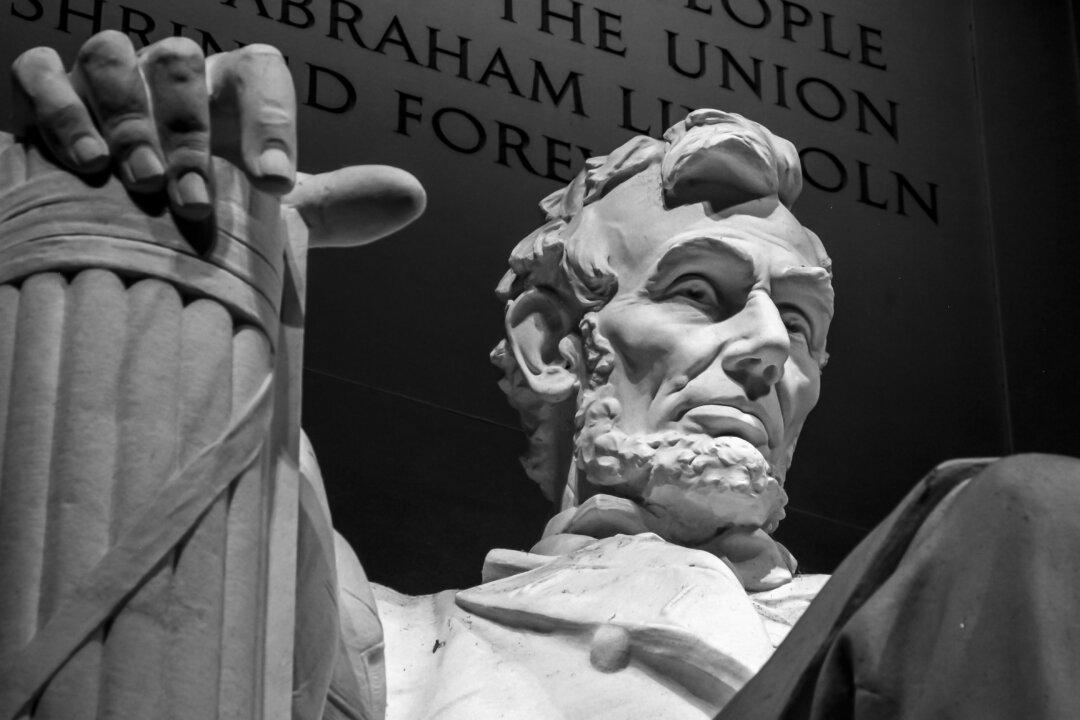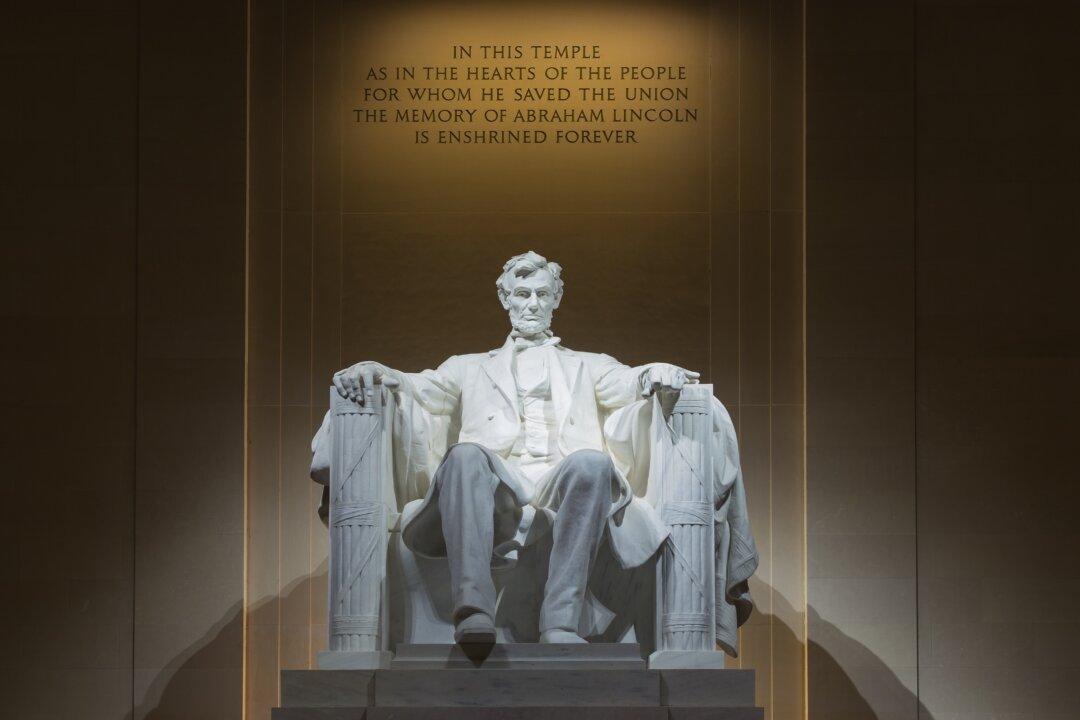A Battle is Lost, But the War Can Still be Won
Wise counsels may accelerate it, or mistakes may delay it but, sooner or later, the victory is sure to come.
—Speech at the Republican Convention; June 16, 1858
DEAR SIR:—Yours of the 13th was received some days ago. The fight must go on. The cause of civil liberty must not be surrendered at the end of one or even one hundred defeats. Douglas had the ingenuity to be supported in the late contest both as the best means to break down and to uphold the slave interest. No ingenuity can keep these antagonistic elements in harmony long. Another explosion will soon come.
—Letter to H. Asbury; November 19, 1858
I am older than you, have felt badly myself, and know, what I tell you is true. Adhere to your purpose and you will soon feel as well as you ever did. On the contrary, if you falter, and give up, you will lose the power of keeping any resolution, and will regret it all your life.
—Letter to Quintin Campbell; June 28, 1862
MY DEAR SIR:—I expect the result of the election went hard with you. So it did with me, too, perhaps not quite so hard as you may have supposed. I have an abiding faith that we shall beat them in the long run. Step by step the objects of the leaders will become too plain for the people to stand them. I write merely to let you know that I am neither dead nor dying. Please give my respects to your good family, and all inquiring friends.
—Letter to A. Sympson; December 12, 1858
I believe, according to a letter of yours to Hatch, you are “feeling like h—ll yet.” Quit that—you will soon feel better. Another “blow up” is coming; and we shall have fun again.
—Letter to Dr. C. H. Ray; November 20, 1858
Strength in the Bleakest of Moments
But if, after all, we shall fail, be it so. We still shall have the proud consolation of saying to our consciences, and to the departed shade of our country’s freedom, that the cause approved of our judgment, and adored of our hearts, in disaster, in chains, in torture, in death, we never faltered in defending.
—Speech given at the House of Representatives at Springfield, Illinois; December 20, 1839
I think we have fairly entered upon a durable struggle as to whether this nation is to ultimately become all slave or all free, and though I fall early in the contest, it is nothing if I shall have contributed, in the least degree, to the final rightful result.
—Letter to H. D. Sharpe; December 8, 1858
Dear Madam,
I have been shown in the files of the War Department a statement of the Adjutant General of Massachusetts that you are the mother of five sons who have died gloriously on the field of battle.
I feel how weak and fruitless must be any word of mine which should attempt to beguile you from the grief of a loss so overwhelming. But I cannot refrain from tendering you the consolation that may be found in the thanks of the Republic they died to save.
I pray that our Heavenly Father may assuage the anguish of your bereavement, and leave you only the cherished memory of the loved and lost, and the solemn pride that must be yours to have laid so costly a sacrifice upon the altar of freedom.
Yours, very sincerely and respectfully, A. Lincoln
—Complete letter to Mrs. Lydia Bixby; November 21, 1864
I have often inquired of myself, what great principle or idea it was that kept this confederacy so long together. It was not the mere matter of the separation of the colonies from the mother land; but something in that Declaration giving liberty, not alone to the people of this country, but hope to the world for all future time. It was that which gave promise that in due time the weights would be lifted from the shoulders of all men, and that all should have an equal chance. This is the sentiment embodied in the Declaration of Independence. Now, my friends, can this country be saved on that basis? If it can, I will consider myself one of the happiest men in the world if I can help to save it. If it cannot be saved upon that principle, it will be truly awful. But if this country cannot be saved without giving up that principle, I was about to say I would rather be assassinated on this spot than surrender it.
—Speech at Independence Hall; February 22, 1861
On the contrary, nobody has ever expected me to be President. In my poor, lean, lank face, nobody has ever seen that any cabbages were sprouting out. These are disadvantages, all taken together, that the Republicans labor under. We have to fight this battle upon principle, and upon principle alone.
—Speech at Springfield, Illinois; July 17, 1858
The struggle of today, is not altogether for today—it is for a vast future also. With a reliance on Providence, all the more firm and earnest, let us proceed in the great task which events have devolved upon us.
—Message to Congress; December 3, 1861
I know not how to aid you, save in the assurance of one of mature age, and much severe experience, that you cannot fail, if you resolutely determine, that you will not.
—Letter to George C. Latham; July 22, 1860
Of our political revolution of ‘76 we are all justly proud. It has given us a degree of political freedom far exceeding that of any other nation of the earth. In it the world has found a solution of the long-mooted problem as to the capability of man to govern himself. In it was the germ which has vegetated, and still is to grow and expand into the universal liberty of mankind. But, with all these glorious results, past, present, and to come, it had its evils too. It breathed forth famine, swam in blood, and rode in fire; and long, long after, the orphan’s cry and the widow’s wail continued to break the sad silence that ensued. These were the price, the inevitable price, paid for the blessings it bought. . .. And when the victory shall be complete, when there shall be neither a slave nor a drunkard on the earth, how proud the title of that land which may truly claim to be the birthplace and the cradle of both those revolutions that shall have ended in that victory. How nobly distinguished that people who shall have planted and nurtured to maturity both the political and moral freedom of their species.
—Address to the Washington Temperance Society; February 22, 1842
(To be continued...)




